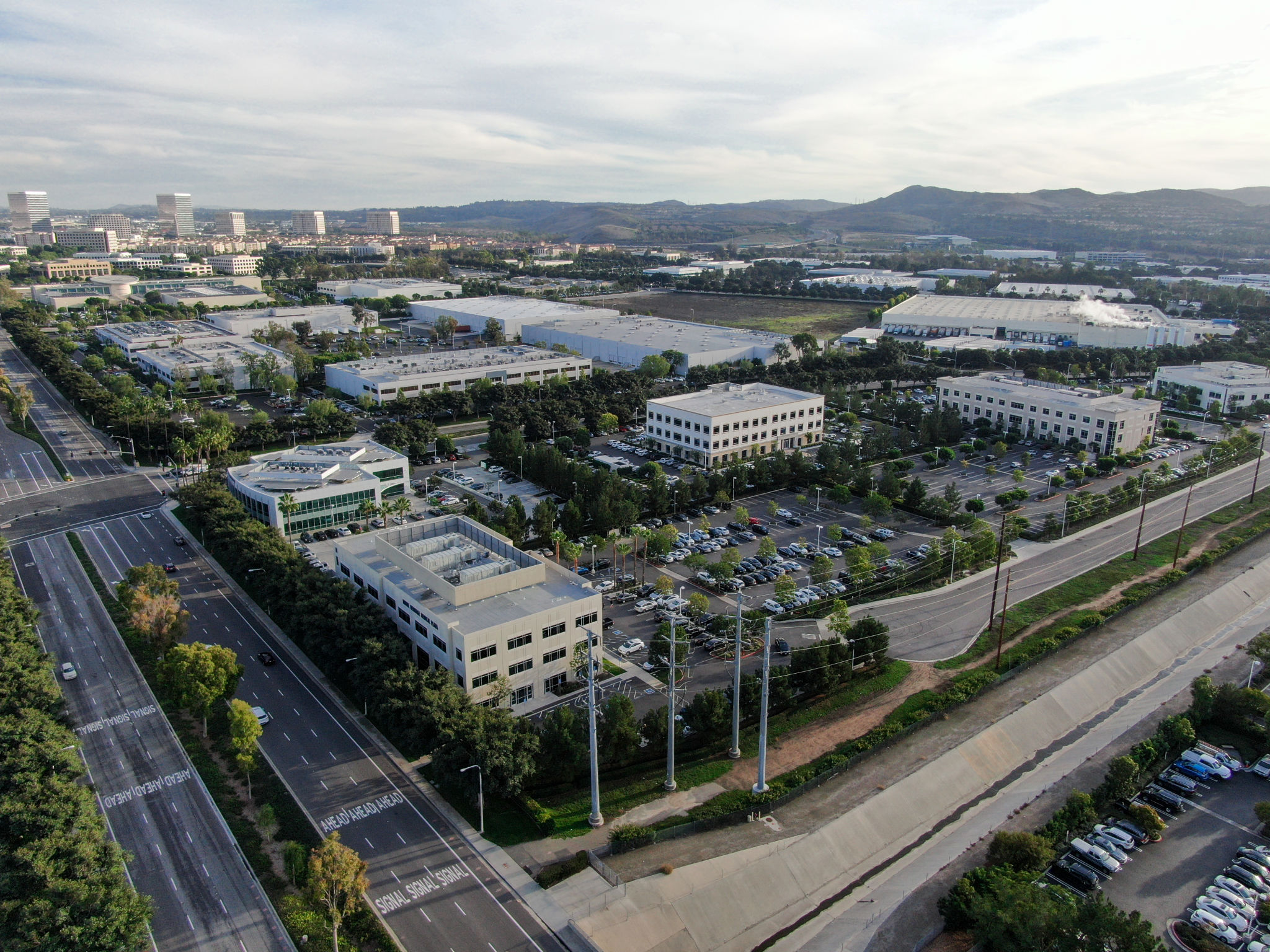How Edge Computing Transforms Space Data Processing in Orange County
The Rise of Edge Computing
In recent years, edge computing has emerged as a transformative force in various industries, including the space sector. By processing data closer to its source, edge computing reduces latency and allows for faster decision-making. In Orange County, where innovation thrives, the adoption of edge computing in space data processing is revolutionizing how we handle vast amounts of information.
Edge computing shifts data processing from centralized data centers to the "edge" of the network. This approach provides numerous benefits, especially for space-related applications that demand real-time data analysis. In a region renowned for its technology advancements, Orange County is at the forefront of integrating edge computing into space exploration and research.

Advantages of Edge Computing in Space Data Processing
One of the primary advantages of edge computing in space data processing is its ability to significantly reduce latency. By processing data closer to where it is generated, edge computing ensures that critical information can be analyzed and acted upon almost instantaneously. This is particularly crucial for space missions where quick responses can be vital.
Moreover, edge computing enhances the reliability of data processing. In space exploration, where connectivity can be intermittent or limited, having local processing capabilities ensures that essential operations can continue without disruption. This localized approach minimizes the risk of data loss during transmission and provides a more resilient framework for handling large volumes of data.

Applications in Orange County
Orange County's thriving tech ecosystem provides an ideal environment for the implementation of edge computing in space-related projects. Companies and research institutions in the area are leveraging this technology to push the boundaries of what is possible in space exploration and satellite communications.
For example, satellite operators in Orange County are utilizing edge computing to improve the efficiency of data collection and analysis from orbiting satellites. By processing data at the edge, these operators can quickly identify significant patterns or anomalies, leading to more informed decisions and enhanced mission outcomes.

The Future of Space Exploration
The integration of edge computing in space data processing is paving the way for future innovations in space exploration. As technology continues to advance, we can expect even more sophisticated applications that will further enhance our understanding of the universe. Orange County's role in this evolution highlights the region's commitment to being at the cutting edge of technological progress.
Looking ahead, the combination of edge computing with other technologies, such as artificial intelligence and machine learning, will likely lead to even more groundbreaking discoveries. As these technologies converge, they have the potential to unlock new possibilities for space exploration and scientific research.
Challenges and Considerations
Despite its advantages, implementing edge computing in space data processing also presents certain challenges. Ensuring the security and integrity of data processed at the edge is paramount, especially given the sensitive nature of space-related information. Organizations in Orange County must prioritize robust cybersecurity measures to protect against potential threats.
Additionally, developing scalable solutions that can accommodate the growing volume of space data remains a critical consideration. As more missions are launched and more data is generated, the infrastructure supporting edge computing must be capable of scaling efficiently to meet these demands.

Conclusion
Edge computing is undeniably transforming how we process space data, offering significant benefits in terms of speed, reliability, and efficiency. In Orange County, this innovative approach is fueling advancements in space exploration and research. As we continue to explore new frontiers, edge computing will undoubtedly play a crucial role in shaping the future of our understanding of the cosmos.
